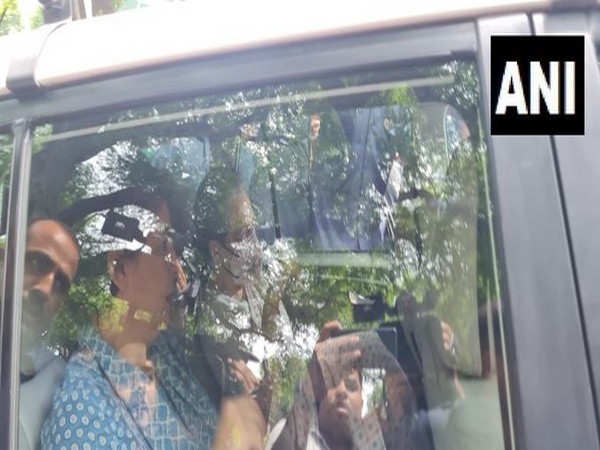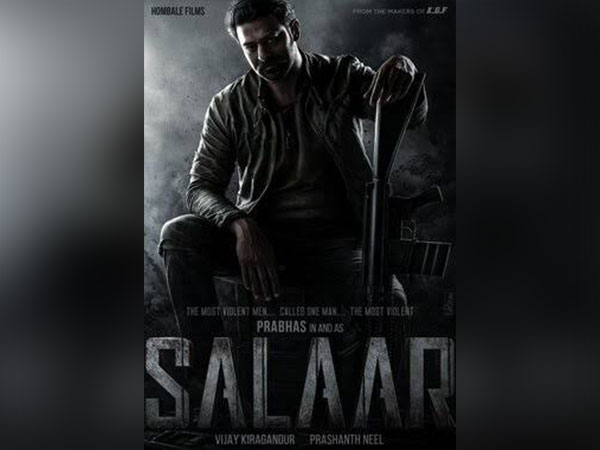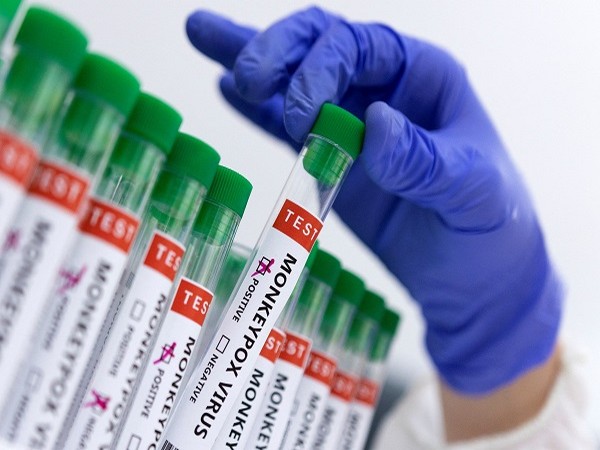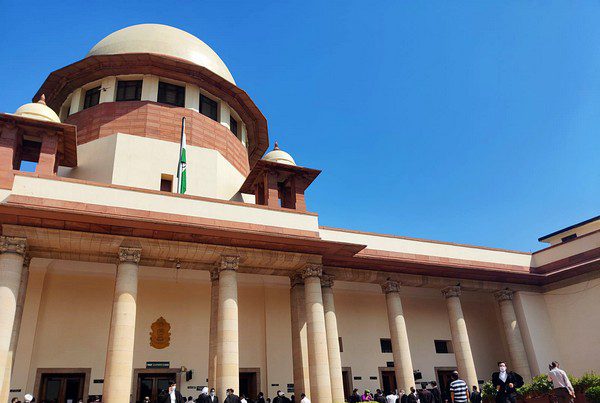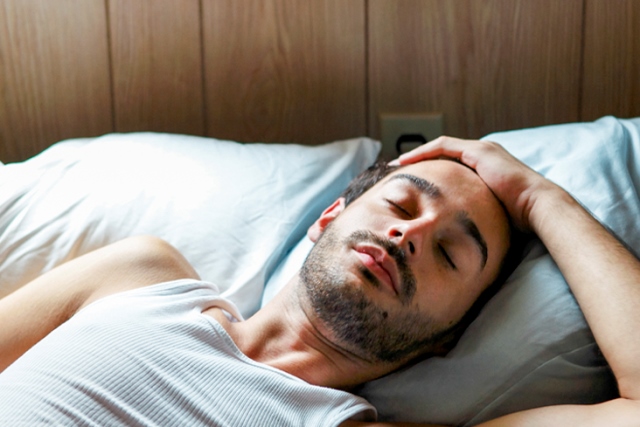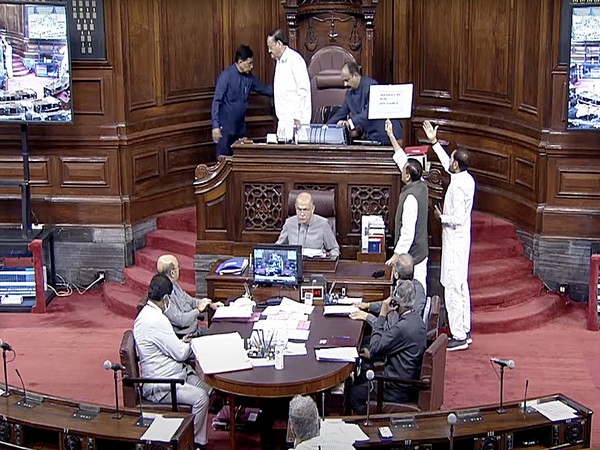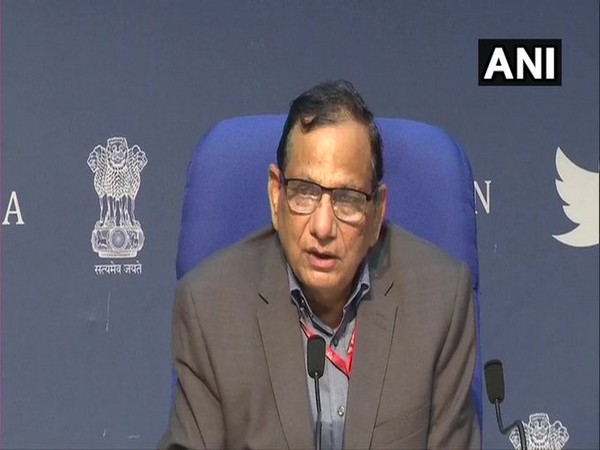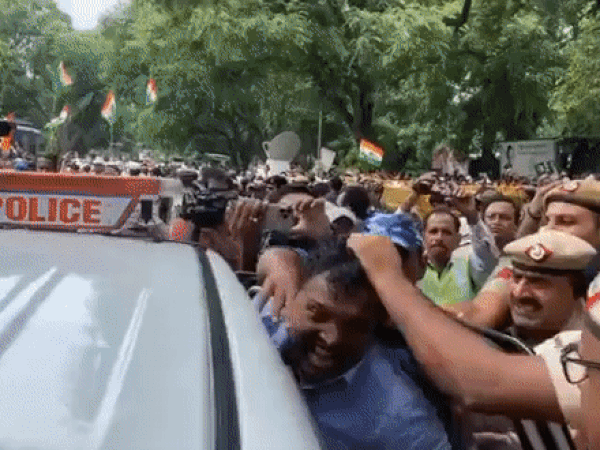Congress interim president Sonia Gandhi on Wednesday appeared before the Enforcement Directorate office in the national capital for the third round of questioning in connection with a money laundering case linked to the National Herald newspaper.
Sonia Gandhi reached the ED office accompanied by her daughter Priyanka Gandhi Vadra.
Meanwhile, Congress workers protest at AICC headquarters in Delhi against the questioning of the party’s interim president Sonia Gandhi by the ED.
With the Enforcement Directorate summoned Sonia Gandhi for questioning again, Rajasthan Chief Minister and Congress leader Ashok Gehlot on Wednesday said that there should be a timely Supreme Court decision on the terror of ED in the country.
Addressing a joint press conference along with Ghulam Nabi Azad, Jairam Ramesh and Anand Sharma, Gehlot said, “First they summoned Rahul Gandhi. He was interrogated for several hours in five days. Sonia Gandhi has been summoned for the third time today. We have no idea how long it would last. There should be a timely SC decision on the terror of ED in the country.”
Congress workers also tried to stop a train at Mumbai’s Borivali railway station in protest against ED questioning of the party’s interim president.
On Tuesday, ED questioned Sonia Gandhi for over six hours on the second day of her appearance.
The 75-year-old had left the agency’s office in central Delhi just before 7 pm on Tuesday after recording her statement.
Officials said that on Tuesday, Sonia Gandhi’s response was sought to around 30 questions regarding her involvement with the National Herald newspaper and Young Indian Pvt Ltd, the company under investigation.
Her questioning at the ED office in central Delhi went on for nearly 2.5 hours beginning at 11 am and continuing after a 90-minute lunch break until 7 pm. Her questioning was conducted by a team led by additional director Monika Sharma.
During her questioning on Tuesday, the Lok Sabha MP from Rae Bareli was asked about the functioning and running of the newspaper, the role of its various office bearers, and her and Rahul Gandhi’s involvement in the affairs of the National Herald and Young Indian.
Officials said the agency would also confirm her statement with that of Rahul Gandhi, as both are majority stakeholders in Young Indian Pvt Ltd.
Condemning the agency’s action, Congress called it a “political vendetta”.
Rahul Gandhi and Congress MPs were detained for holding a protest march from the Vijay Chowk to the Rashtrapati Bhavan to draw the President’s attention to the alleged misuse of central agencies by the government when they were stopped by the police.
“I am not going anywhere. We wanted to go towards the President’s house. But the police are not allowing us,” Rahul Gandhi had said.
The Delhi Police and personnel of the security forces were caught on camera, manhandling Congress workers and leaders.
Srinivas BV, the national president of the Youth Congress, was seen being pulled out of his car by the Delhi Police, who tugged at his hair in gruesome visuals from the Congress’s protest in the national capital. The police were seen pushing and shoving the leader inside their car as he tried to speak to the media gathered there.
“Mujhe maar kyun rahe ho (Why are you hitting me?),” the leader is seen screaming at the police, who later try to calm him, saying, “Koi nahi marega (no one will hit you).”
The video also showed a few Rapid Action Force personnel pressing the car door shut as Srinivas attempted to climb out.
Earlier, Sonia Gandhi could not appear for questioning on June 8 after testing positive and being hospitalized for COVID-19. After her discharge from the hospital, she had asked for more time to appear before the agency.
Last month the ED also questioned Rahul Gandhi for five days in the National Herald case.
The case to investigate alleged financial irregularities under the PMLA was registered about nine months ago after a trial court took cognisance of an Income Tax department probe carried out on the basis of a private criminal complaint filed by former Bharatiya Janata Party (BJP) MP Subramanian Swamy in 2013.
The petitioner had approached the court alleging that the assets of Associated Journals Limited (AJL), which published the National Herald newspaper, were fraudulently acquired and transferred to Young Indian Pvt Limited (YIL), in which Sonia Gandhi and her son owned 38 per cent shares each.
The YIL promoters include Sonia Gandhi and Rahul Gandhi. Swamy had alleged that the Gandhis cheated and misappropriated funds, with YIL paying only Rs 50 lakh to obtain the right to recover Rs 90.25 crore that AJL owed to Congress.
The National Herald is published by AJL and owned by YIL. While Kharge is the CEO of YIL, Bansal is the Managing Director of AJL. The ED is investigating the shareholding pattern and financial transactions as well as role of party functionaries in the functioning of AJL and YIL. (ANI)
